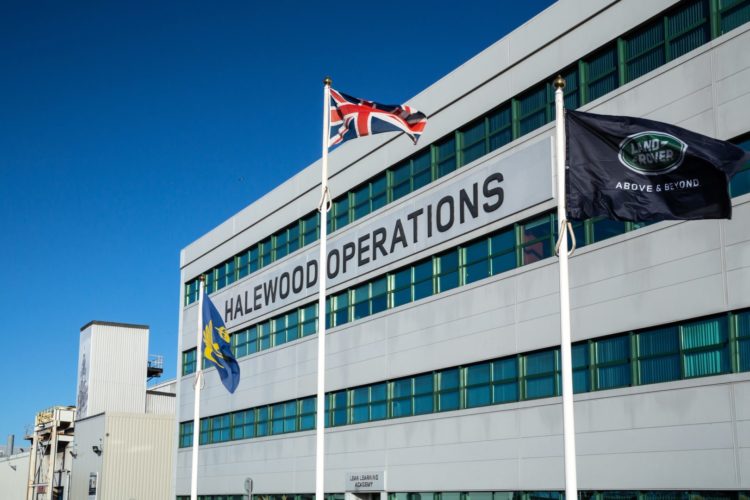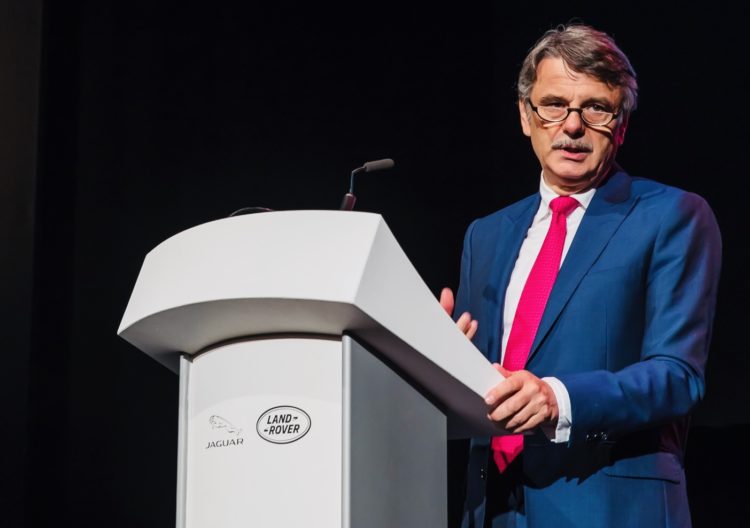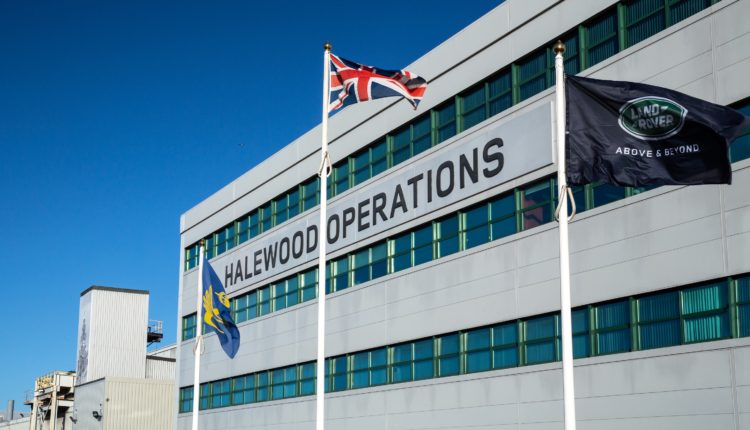Halewood-assembled Evoque and Discovery Sport are driving recovery at JLR but the plant is still set to lose 500 people as the UK automotive sector continues to struggle. Tony McDonough reports

Sales of the Merseyside-assembled Range Rover Evoque and Discovery Sport are driving a surge in profits at carmaker Jaguar Land Rover (JLR).
In the three months to December 31, 2019, JLR saw a 2.8% year-on-year increase in revenues to £6.4bn. Pre-tax profit increased to £318m in the quarter, representing a £591m year-on-year improvement versus the £273m loss in the same quarter in 2018.
The Evoque and the Discovery Sport models are among the company’s biggest sellers, particularly in China, where overall vehicles sales are up more than 24%. Margins also turned positive year-on-year with an EBIT margin of 3.3% and an EBITDA margin of 10.8%.
Falling production
However, the overall picture for JLR and other car manufacturers remains tough. Total retail sales at JLR fell 2.3% in the quarter and, this week, the Society of Motor Manufacturers and Traders (SMMT) reported that production among UK auto manufacturers had fallen in 2019 for the third consecutive year, down 4.2% to 1.3m units. This was the lowest figure since 2010 and the SMMT has downgraded its forecast for 2020 from 1.32m units to 1.27m units.
Earlier in January JLR announced a round of job cuts at its Halewood plant, which currently employs 4,000 people directly, and another 500 agency workers. It is believed around 500 jobs will go, a combination of both staff and agency. The factory will change from three shifts to two.
In a statement JLR said: “Through its ongoing transformation programme, Jaguar Land Rover is taking action to optimise performance, enable sustainable growth and safeguard the long-term success of our business.”
CEO departs
Another significant departure from JLR will be chief executive Dr Ralf Speth who, it has been confirmed, will step down from his role in September. He will retain his links with the business by taking on the role of non-executive vice-chairman.
On the latest results Dr Speth said: “In the third quarter Jaguar Land Rover sustained year-on-year revenue and profit growth as we continued to transform our business. Conditions in the automotive industry remain challenging but we are encouraged by the recovery in our China business and the success of the new Range Rover Evoque.”

‘Grave concern’
When JLR announced the job losses a union leader, Des Quinn national office at Unite, called the news “a further blow to the UK car industry” and, in the last few days, Mike Hawes, SMMT chief executive, said the fall in production was of “grave concern”.
Around 168,000 people are directly employed in automotive in the UK, about one in 14 people employed in the manufacturing sector as a whole. The are a further 279,000 people employed in the automotive supply chain, many of them in the North West.
Annual salaries for workers in the sector are typically 21% higher than the average across all UK employment. Automotive’s combined national salary contribution amounts to some £6bn.
Vauxhall fears
JLR appears to be weathering the storm better than most, despite the job cuts at Halewood. But the prospects for the 900 people assembling the Vauxhall Astra just a few miles away in Ellesmere Port is less certain with weak consumer demand, and uncertainty over the impact of Brexit, all casting doubt on its long-term survival.
Mr Hawes said: “The fall of UK car manufacturing to its lowest level in almost a decade is of grave concern. Every country in the world wants a successful automotive sector as it is a driver of trade, productivity and jobs.
“Given the uncertainty the sector has experienced, it is essential we re-establish our global competitiveness and that starts with an ambitious free trade agreement with Europe, one that guarantees all automotive products can be bought and sold without tariffs or additional burdens.
“This will boost manufacturing, avoid costly price rises and maintain choice for UK consumers. Negotiations will be challenging but all sides stand to gain and this sector is up for it.”

